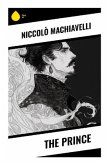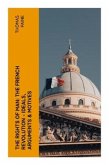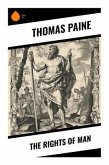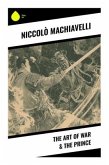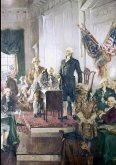Niccolò Machiavelli's seminal work, "The Prince," is a profound treatise on political power and statecraft that emerged during the height of the Renaissance. Written in a direct and pragmatic style, Machiavelli draws upon historical examples and his own experiences as a diplomat to explore the machinations of power and the often morally ambiguous choices faced by rulers. The text challenges conventional moral teachings by positing that the stability of the state may necessitate actions that, while harsh or unscrupulous, ultimately benefit the greater good. This groundbreaking discourse on realpolitik stands as a critical pivot from idealistic notions of governance to the pragmatism required in the tumultuous political landscape of 16th-century Italy. Machiavelli, a seasoned Florentine diplomat and political theorist, crafted "The Prince" during a period of great instability following the fall of the Republic of Florence. His exposure to political intrigue and his engagement with various leaders shaped his understanding of power dynamics. Influenced by the turbulent nature of Italian politics and the lessons drawn from classical antiquity, Machiavelli wrote this work as both a guide for rulers and a candid reflection of the political realities of his time. This essential read is not just for scholars of political science but for anyone intrigued by the complexities of human ambition and governance. "The Prince" offers timeless insights into leadership, making it a crucial text for understanding both historical and contemporary political issues. Its unapologetic exploration of power dynamics continues to resonate, compelling readers to confront the often uncomfortable truths about authority and ethics.
Bitte wählen Sie Ihr Anliegen aus.
Rechnungen
Retourenschein anfordern
Bestellstatus
Storno


